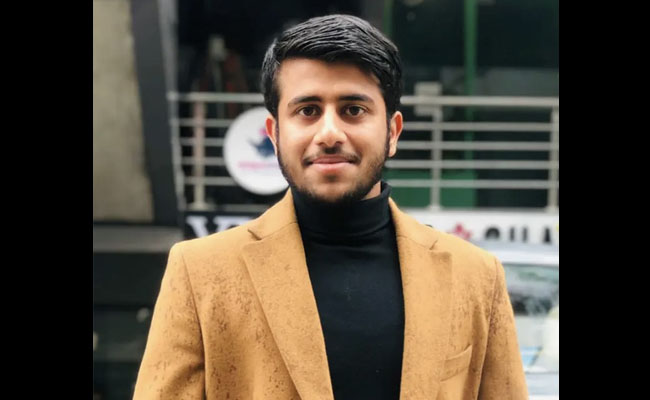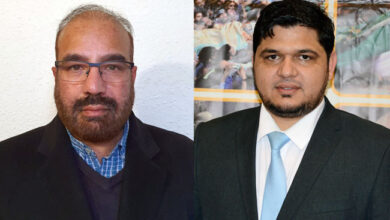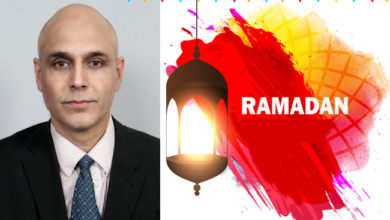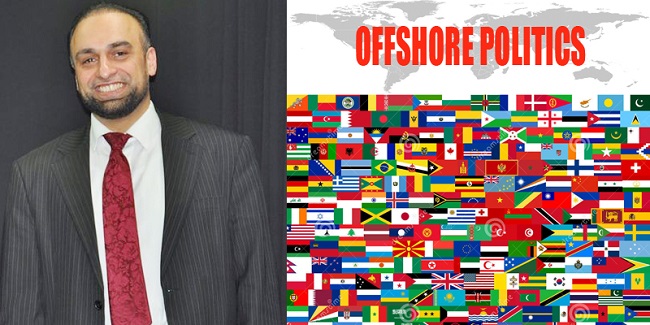Indianization to Normalization of Jammu & Kashmir: G20 Meetings in Srinagar

Written by: Abdullah Saiyaf
On August 5th, 2019, the Indian Parliament abrogated Articles 370 and 35A from the Indian Constitution, which resulted in ending the special status of the state of Jammu and Kashmir and converting it into two union territories. The decision paved the way for the Indian government to implement policies aimed at changing the ground realities, culture, and history of Kashmir, with the goal of Indianizing the Kashmir. The Indian government’s strategy was to change the demography of the state, and this process began openly and widely after the abrogation of the articles. The aftermath of August 5th, 2019, included a lockdown, shutdown of the internet, economic deprivation, a virtual leadership gap, limited space for journalism, a large number of arrests under notorious laws such as AFSPA, and a wide-ranging violation of human rights. Consequently, Kashmiri people were deprived structurally and culturally of their heritage.
To Indianize the state of Jammu and Kashmir, the Indian central government took several steps. Instantly after August 5th, 2019, India introduced 200 new and amended laws in Kashmir to support their upcoming acts. These laws allowed grabbing of land by declaring them “strategic areas,” which the Indian army used to expand their structures. A new domicile law was introduced, under which hundreds of outsiders were given permission to settle in J&K, while Pandits were ensured a safe return to J&K with full protection. However, refugees living in AJ&K were not entertained by this policy. All of these policies and newly added laws were aimed at changing the demographic makeup of Jammu and Kashmir, depriving the people of the state of their right to self-determination.
To culturally Indianize Jammu and Kashmir, even Madrasas in Kashmir are compelled to teach Hindu scriptures in the name of national unity. Landmarks in the state are being renamed after Hindus to distort the Muslim identity of the state, and Hindi has been declared the official language of J&K instead of Urdu, which is linked with Muslim culture in the state. To structurally Indianize J&K, Muslim officials have been removed from higher ranks of police and top administrative positions, and job insecurity has been created by branding people as anti-nationalist. Political or pro-freedom leadership is detained to misguide the masses of the state. All of these measures indicate the assimilation of Kashmir and its culture into India and Indian culture, respectively. India has left no stone unturned to make Kashmir an inevitable part of India, from human rights violations to structural, demographic, and cultural changes in Kashmir.
Taking a step further, India has announced that it will hold some of the G20 meetings in Jammu and Kashmir to normalize the Kashmir conflict around the world. In December of last year, India took over the presidency of the G20, which comprises 19 states and the European Union. New Delhi is expected to host 215 meetings of this forum at 55 different locations around India. Srinagar and Leh (Ladakh) are included in these 55 locations (according to the calendar of this year’s meetings released by Indian authorities), and they will host the tourism meeting and Y20 meeting, respectively. Around 50 delegates are expected to participate in the Srinagar meeting, and these foreign delegates will also be taken on a sightseeing tour to Baramulla, Dachigam National Park, and the ski resort of Gulmarg. However, it is important to note that J&K, which is going to host G20 meetings, is a declared disputed territory by the United Nations Security Council. The sole purpose of hosting these meetings in J&K is to show the world that the Kashmir conflict is no longer relevant, and normalization is back in the state.
According to the United Nations Charter and international law, India, or any other party to the Kashmir conflict, cannot hold such types of gatherings in a disputed territory. India is using the non-political forum of G20 to further their political goals, which is diplomatically wrong and irresponsible behavior. Over time, India has committed gross violations of human rights in Jammu & Kashmir, as reported by the UN, Amnesty International, Human Rights Watch, and other human rights organizations. The reality of human rights violations by India in Jammu & Kashmir has also been ratified by member states of G20, such as the EU and UK. This leaves no moral ground for India to host G20 meetings in J&K, and member states should not participate without holding India accountable for its human rights violations. Holding G20 meetings in J&K will render the struggle of the Kashmiri people for freedom in vain, and Kashmiri leadership has condemned the decision to hold G20 in the disputed state.
Despite the continued process of Indenisation of Kashmir for the last four years, India is still unsuccessful in normalizing the Kashmir conflict or winning the sentiments of the Kashmiri people for India. To ensure virtual normalcy for G20 meetings in J&K, paramilitary forces are arresting a large number of Kashmiri citizens without FIRs. Heavy deployments of army and police have made J&K the world’s most militarized zone, and India wants to show that the Kashmir conflict is normalized based on this occupation and oppression. The Kashmir issue cannot be normalized by any means or actions until the Kashmiri people have the right to self-determination according to the resolutions of the United Nations Security Council.
The Writer is Student of International Relations at National Defense University Islamabad / Intern at KIIR
Disclaimer: The views and opinions expressed or referred to in this article do not necessarily represent those of WNTV or any of its staff or editors. WNTV’s aim is to provide, so far as possible, a platform for external contributors with limited editorial intervention . Accordingly, readers are asked to note that the publication of articles on this site is not in itself to be taken as WNTV’s endorsement of any reported third party position, policy or statement.





